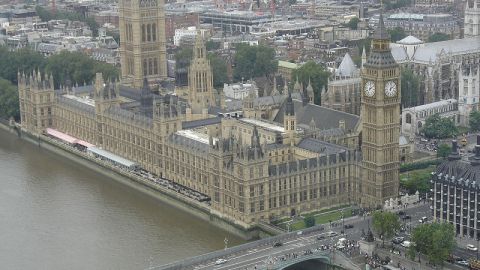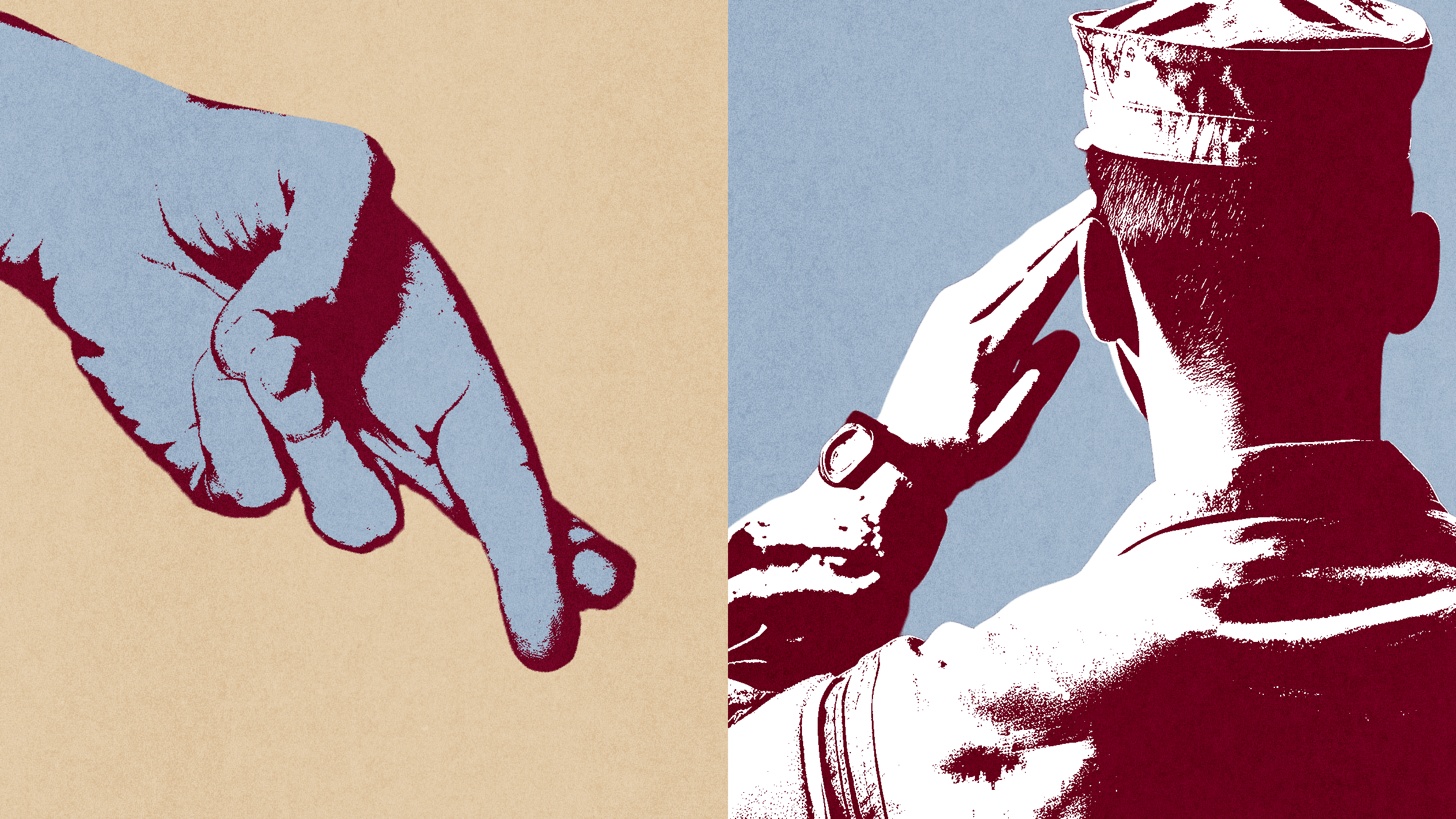The Big Stink

Three British Labour Members of Parliament and one Conservative Peer are facing charges under the Theft Act, and could if found guilty, be facing up to seven years in jail. This then is the culmination of a quite remarkable series of revelations, which show that nearly half of Britain’s Members of Parliament exploited an expenses system that existed to hand out free money. Most of these MPs will not be facing criminal charges, although many have already been obliged to hand back thousands of pounds of taxpayers’ money.
The great Westminster expenses scandal has rocked Parliament to its very foundations. The public has been appalled to learn that ultimately it has been paying taxes in order for MPs to be able to claim for nonexistent mortgages, house flipping, garden furniture and even in the case of one Government Minister, Shahid Malik, a massage chair. We have learned that MPs essentially viewed their salaries as a minimum wage, and that the expenses system was used to top up their income, and frequently in the most obtuse and grasping manner.
Those now facing prosecution are hoping that ancient ‘Parliamentary Privilege’ will protect them from the courts. This outrage should tip the placid Brits into ferocious anger. Parliamentary Privilege protects Parliamentarians’ rights to free speech, it was never designed protect those who stand accused of submitting false claims. The reality is that people will not protest in the streets, but instead the deep and corrosive cynicism in politics and politicians will push voters to extreme parties, or not to vote at all.
There has been a great deal of talk about the need to “clean up” Parliament from many of those same individuals who not so long ago were busily abusing the system. The latest gambit is reform of the voting system, replacing the winner takes all “first past the post”, with a more proportional “Alternative Vote” system. Somehow the professional political class seem to believe that a change in the electoral system, coupled with MPs being obliged to pay back their ill gotten gains will restore faith in the system.
The problem is that these same politicians do not seem to be able to grasp that the public don’t like them very much as a breed. The party system is atrophied and the leaders most certainly do not want to encourage dissenters or rather people that do not look and sound like them, so the chances of actually changing the composition of Parliament are few.
And here then is the rub. A truth if you like that few politicians or journalists that report them will ever admit to because it risks spoiling the cosy parlour games they enjoy playing. In Britain today the political parties virtually exist in name only, franchise operations for the tiny group of financiers and leaders who control them. The Labour Party for instance, which has been in government since 1997, probably has barely 100,000 individual members. Most individual constituencies would be lucky to contain 200 members a piece, and most of these members are elderly. That doesn’t really matter either, because the party hierarchy will most likely pick the new candidates, and the candidates they pick will be loyal and on message.
Changing the voting system isn’t going to change that rotten culture either. Perhaps only a new citizen’s movement, angry and urgent, organised and resourceful, can hope to begin to do that.





